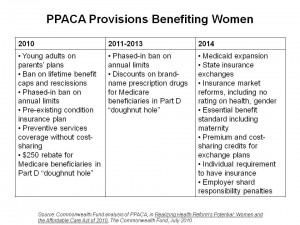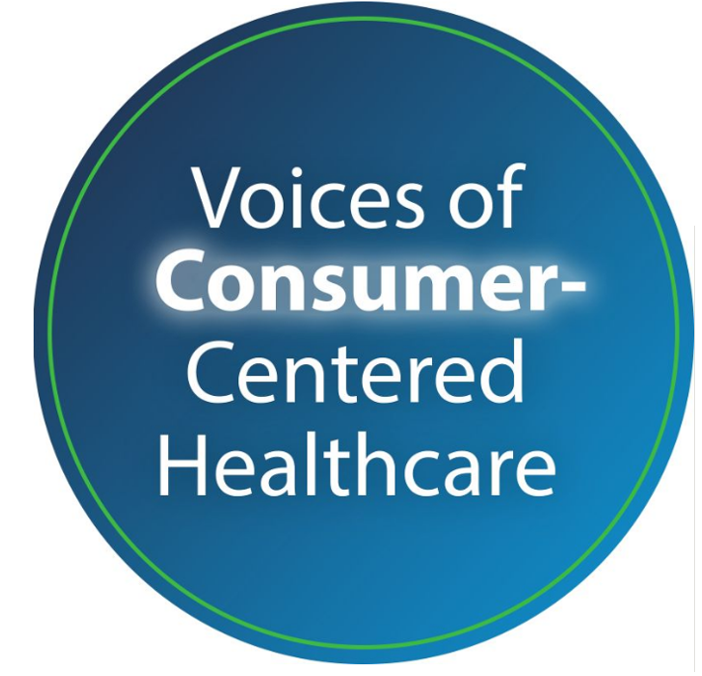 Women, on average, have far more contact with the health care system over their lifetimes than men do.
Women, on average, have far more contact with the health care system over their lifetimes than men do.
So kicks off an analysis of the Patient Protection and Affordable Care Act of 2010’s (PPACA) impact on women, published by The Commonwealth Fund.
Realizing Health Reform’s Potential explains that PPACA should insure some 15 million women as well as give fiscal relief to those women who are under-insured or have pre-existing conditions.
One of the key underlying factors which stacks the deck against women in health insurance coverage is the fact that insurance companies see young women a higher risk than men, the Fund finds. Women have been charged higher premiums than men for health insurance, and they’ve often not been covered for pregnancy if they’ve had individual insurance policies.
Women have also delayed care due to cost — whether insured or not — more than men have done, according to the report.
PPACA has many provisions which will help level the playing field for women and health insurance, as listed in the chart; some key aspects that will help women include:
- covering preventive services without cost-sharing, which will promoting women in getting early screenings for breast cancer and colon cancer, among other services
- covering pre-existing conditions
- banning lifetime benefit caps and rescissions (that is, dropping enrollees from plans)
- expanding Medicaid to cover the uninsured, and
- standardizing benefits, to include covering maternity/pregnancy, among other provisions.
Health Populi’s Hot Points: The great irony and dumb economics in U.S. health care has been under-insuring and disempowering women in fully participating in their own health decisions and those for whom they care. When women have postponed care due to cost, they usually add costs to the overall system and worsen their own health status. This has then taken a toll on their ability to care for their loved ones, and has led to lower productivity at the workplace.
PPACA promises to ameliorate this sad state of women and health insurance in America. This will pay off for individual women, for their families, for employers who engage women in their workforces, and for America’s public health.




 Thank you, Jared Johnson, for including me on the list of the
Thank you, Jared Johnson, for including me on the list of the  I am so grateful to Tom Lawry for asking me to pen the foreword for his book, Health Care Nation,
I am so grateful to Tom Lawry for asking me to pen the foreword for his book, Health Care Nation,  Thanks to Feedspot for naming this blog, Health Populi, as a
Thanks to Feedspot for naming this blog, Health Populi, as a